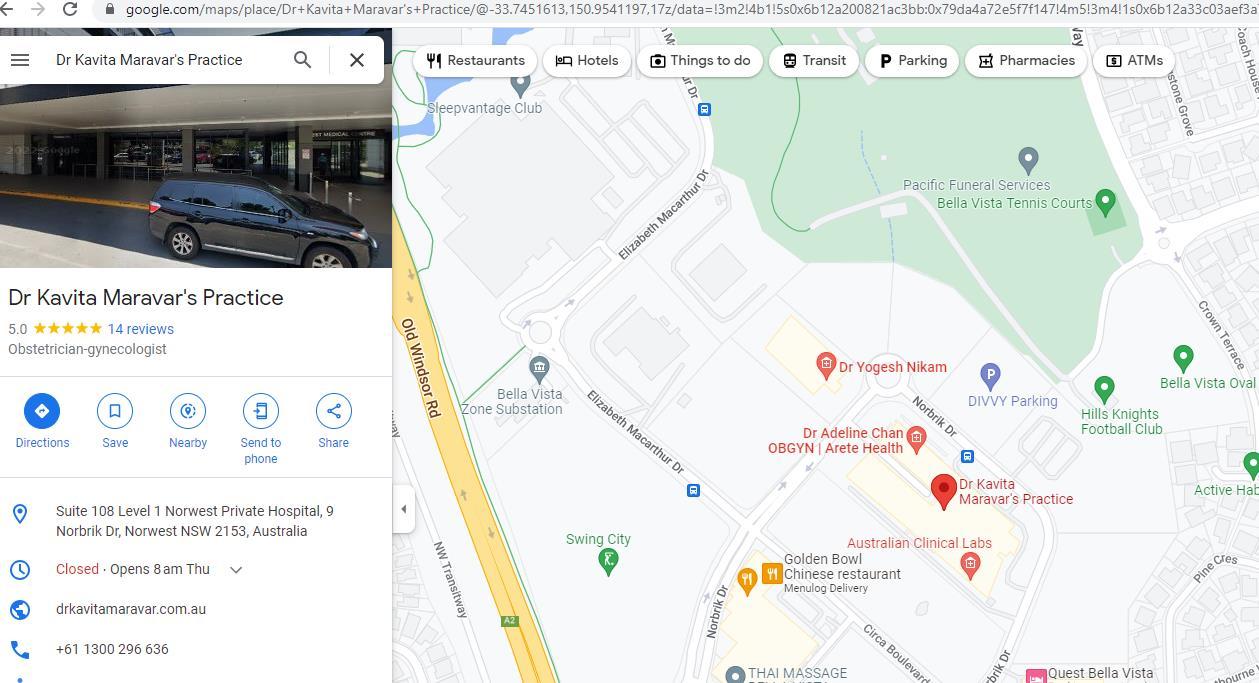UnderstandingPolycysticOvary Syndrome(PCOS)andItsEffectson Fertility
Polycystic Ovary Syndrome (PCOS) is a common condition that affects many women worldwide, and it is a leading cause of infertility. PCOS may be the culprit if you're struggling to conceive or have irregular periods. In this article, we'll explore PCOS, how it affects fertility, and when to see a gynaecologist Westmead for treatment.
Understanding PCOS
PCOS is a hormonal disorder that affects the ovaries, resulting in the development of small cysts. These cysts are caused by a hormone imbalance, which can lead to irregular menstrual cycles, weight gain, acne, and excess hair growth. PCOS affects approximately 10% of women of reproductive age, and while there is no known cure, it can be managed with treatment.
Effects of PCOS on fertility
PCOS is one of the leading causes of infertility in women. It affects fertility in several ways, including:
1. Anovulation: Women with PCOS often don't ovulate regularly, making it difficult to conceive.
2. Hormonal imbalances: PCOS can cause an imbalance in hormones, such as estrogen and progesterone, which can affect ovulation and the ability to create.
3. Insulin resistance: Women with PCOS are often insulin resistant, which can lead to high blood sugar levels and weight gain. This can also affect ovulation and fertility.
4. Inflammation: PCOS can cause inflammation in the body, affecting fertility by disrupting the delicate balance of hormones required for conception.
When to see a gynaecologist Westmead
If you're experiencing irregular periods or having difficulty conceiving, seeing a gynaecologist Westmead is essential. Your gynecologist can diagnose PCOS through a physical exam, blood tests, and ultrasound imaging. They will also be able to recommend treatment options that can help manage the symptoms of PCOS and improve your chances of conceiving.
Treatment options for PCOS
While there is no known cure for PCOS, several treatment options can help manage the symptoms and improve fertility. These include:
1. Lifestyle changes: Maintaining a healthy diet and regular exercise can help control weight, improve insulin resistance, and improve fertility.
2. Medication: Medications such as Clomiphene and Metformin can help regulate ovulation and improve fertility.
3. Surgery: In some cases, surgery may be necessary to remove cysts causing pain or other symptoms.
Conclusion
PCOS is a common condition that affects many women worldwide. It is a leading cause of infertility, and it may be the culprit if you're struggling to conceive or have irregular periods. Seeing a gynaecologist Westmead for diagnosis and treatment is essential for managing the symptoms of PCOS and improving fertility. With the right treatment, it is possible to conceive and start a family, even with PCOS.
Suite 108
Level 1 Norwest Private Hospital
9 Norbrik Dr
Norwest NSW 2153 Australia

